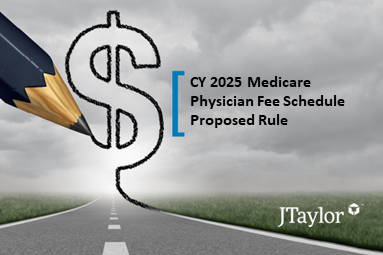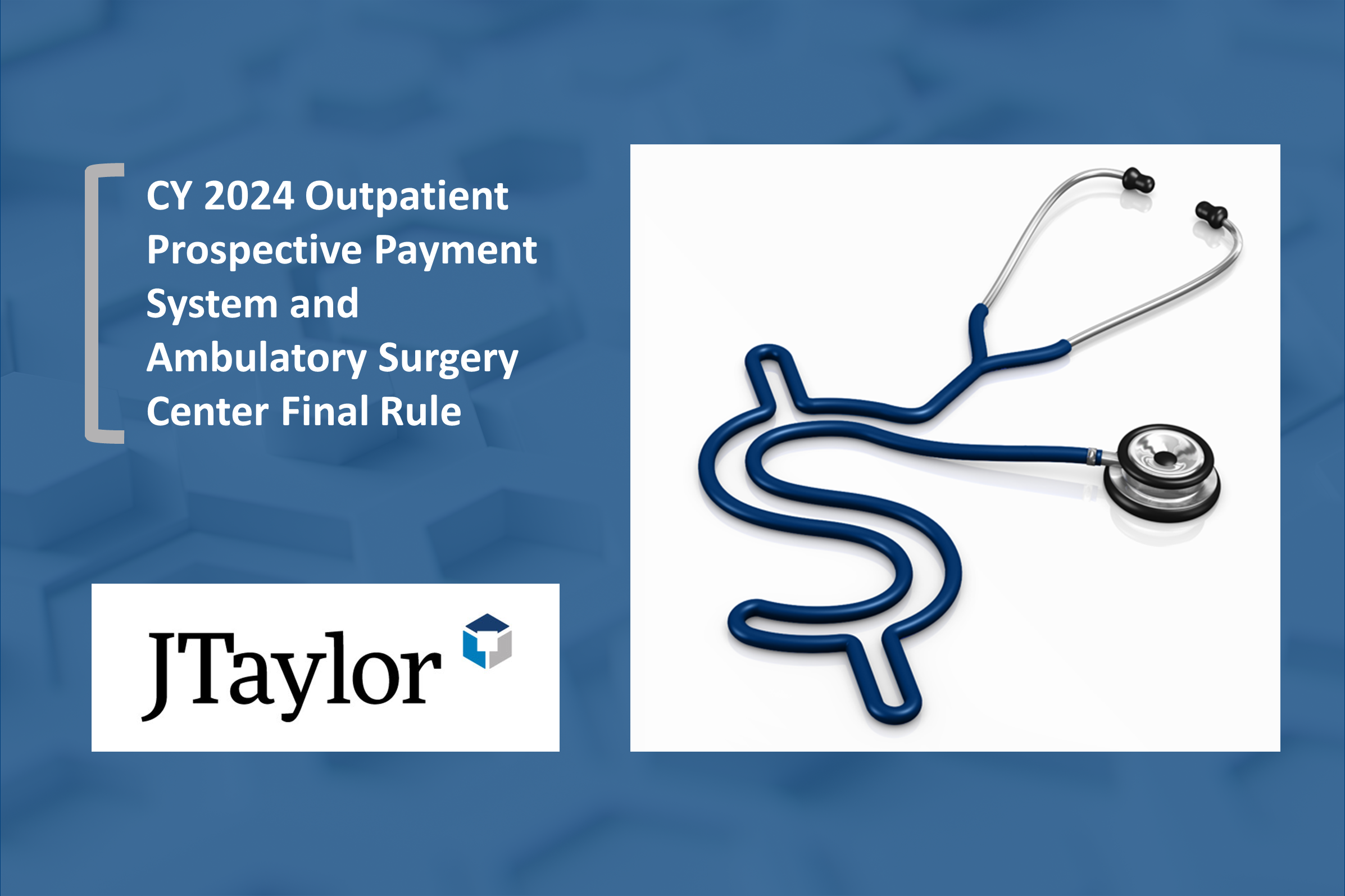Accounting Considerations & COVID-19
The Paycheck Protection Program (“PPP”), which is part of the Coronavirus Aid, Relief, and Economic Security Act (“CARES Act”) recently passed by Congress, represents $659 billion of funding available to assist businesses effected by the unprecedented world-wide COVID-19 pandemic (“COVID-19”), inclusive of additional funding provided through subsequent legislation. PPP funds provide financial relief and resources to businesses as an incentive to retain their employees during our current uncertain economic times. Over the past several weeks, many businesses have applied, been awarded, and subsequently received PPP funds. These funds are initially structured as a loan, but businesses can take steps to achieve partial or total forgiveness. As businesses receive this funding, questions are being raised about the proper accounting for the receipt of these funds, the potential future loan forgiveness, and other costs incurred as a result of COVID-19.
Existing Guidance
We are living in unprecedented times that are constantly evolving. As businesses continue to navigate through the current COVID-19 environment, they are looking for specific guidance on how to record the receipt of the PPP funds within the existing guidance provided in the Accounting Standards Codification (“ASC”) issued by the Financial Accounting Standards Board (“FASB”). Unfortunately, no specific guidance can be found in the ASC for this unique situation; however, businesses can rely on some general guidance within the ASC.
ASC Topic 470: Debt
Certain criteria must be met before the PPP funding received by businesses can be fully or partially forgiven. Businesses are required to either maintain their employees on the payroll for the eight-week period immediately following the receipt of the PPP funds or rehire them by June 30, 2020. To qualify for full loan forgiveness, the PPP funds must be used over the eight-week period for payroll costs, rent, mortgage interest, or utilities, with 75% of the costs used for payroll related expenses. Forgiveness could be reduced if the number of full-time employees declines or wages for individual employees are reduced.
Receipt of the funding is considered a loan until the criteria identified above have been met. Accordingly, the funds received should be recorded as debt in accordance with ASC Topic 470 until the business is legally released from the obligation once the loan has been forgiven by the government, which can take up to sixty days after a request for forgiveness has been submitted.
ASC Topic 450-30: Gain Contingencies
The forgiveness of the loan falls under Topic 450-30: Gain Contingencies. A gain contingency is an existing condition, situation, or set of circumstances involving uncertainty as to a possible gain to a business that will ultimately be resolved when one or more future events occur or fail to occur. Under ASC 450-30, the gain contingency is not recognized prior to the settlement of the underlying event. For PPP funding, the gain equal to the value of the portion of the loan that is forgiven will be recognized once the loan has been forgiven by the government. This will occur when all the identified criteria above have been met and the government has provided official notice of forgiveness.
ASC Topic 220-20-45: Unusual or Infrequent Items
Many businesses are incurring costs and receiving types of income outside of normal operations. Examples of costs and income related to COVID-19 include incremental costs that would not otherwise be incurred (such as personal protective equipment or sanitation supplies), asset impairment (impairment testing for goodwill and other indefinite lived intangible assets), business interruption insurance recoveries, and PPP loan forgiveness. The uncertainty surrounding the national emergency related to COVID-19 and the nature of the response thereto gives rise to an argument that these circumstances constitute an event that is “unusual in nature” and “infrequent of occurrence.”
FASB defines “unusual” as a high degree of abnormality and clearly unrelated to the business’s typical and ordinary activities, considering the operating environment. FASB defines “infrequent” as events and transactions that would not reasonably be expected to recur in the foreseeable future, considering the operating environment. A business’s operating environment refers to the characteristics of its industry, the geographical location of its operations, and the nature and extent of government regulations.
According to ASC 220-20-45, if a business concludes cost or income is unusual in nature and infrequent of occurrence, such amounts should likely be presented in the income statement as a separate component of income from continuing operations. A disclosure of the nature, circumstances and future operational risk of these expenses should also be included the footnotes to the financial statements. If subsequent events occurred before the business releases its financial statements, the business may need to disclose the events prior to issuance.
Cash Flow Presentation
The cash flow statement is a presentation of the flow of cash in and out of a business. FASB requires the statement of cash flows to classify cash receipts and payments based on whether the funds originated from operating, investing or financing activities. Operating activities generally involve producing and delivering goods and services. Investing activities include making and collecting loans, acquiring and disposing of debt or equity instruments, and acquiring and disposing of assets held for or used in the production of goods or services (other than inventory, which is considered an operating activity). Financing activities include obtaining resources (i.e., cash) from owners and providing them with a return on investment, as well as borrowing funds from financial institutions or other lenders and repaying the amounts borrowed. Because the receipt of the initial PPP funds is considered a loan, the proceeds received would therefore be classified as a financing activity as currently supported under existing FASB guidance.
Disclosures
Disclosure related to the receipt of PPP funding will include a general description of the significant accounting policies, identification of the line items on the financial statements containing PPP funding, significant terms and conditions of the overarching agreement, and the amount and circumstances related to any funds received and not recognized. Providing enough details in the business’s disclosures to the financial statements will be important to help the end users understand the specific transactions related to COVID-19 and the receipt of PPP funding.
Conclusion
Funding received through the Paycheck Protection Program allows businesses the opportunity to retain their workforce and maintain operations through a challenging period. Properly recording the PPP funding and related income and expenses will be essential for complete, accurate and transparent financial reporting for the foreseeable future. The JTaylor team is proactively working with our clients to help ensure this funding and related income and expenses occurring as a result of COVID-19 are properly recorded in the financial statements.
Given the evolving nature of the Paycheck Protection Program and related guidance, we are closely monitoring ongoing activity to be able to provide up-to-date advice and insight. If you have questions regarding the recording of the PPP funds and related income and expenses specific to your business’s situation, please contact us. We stand ready to serve you as we navigate through COVID-19 together.
Disclaimer
JTaylor is a certified public accounting firm. Our professionals are not attorneys, and the information contained herein does not constitute legal advice. Our goal is to provide guidance to our clients as they seek to make decisions with regard to their businesses, using the best information available at this time. This is an area that continues to evolve, and we reserve the right to update any information contained herein as new information or guidance becomes available.
About the Author
Jan Neal, CPA, Partner - Director of Assurance Services
817.546.7053 | jneal@jtaylor.com
Jan has experience providing attestation support to construction, wholesale, and manufacturing companies, employee benefit plans, not-for-profit organizations, dealerships, healthcare, professional service firms and other commercial entities. Jan also has experience providing forensic accounting services to various entities over a vast array of industries. Jan has comprehensive knowledge and understanding of all applicable standards as they relate to the performance of audits, reviews, agreed-upon procedures, and compilations. Her years of experience also grant her the ability to be a valuable business advisor through various types of non-traditional assurance engagements.




